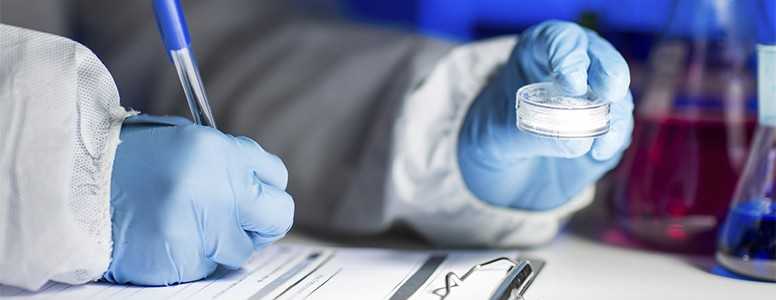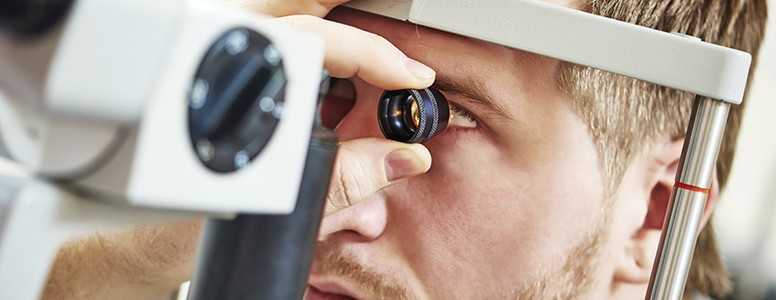Reprogramming liver cells could lead to the development of a treatment for type 1 diabetes, researchers have said.
A team from the Max Delbrück Center for Molecular Medicine in Germany has been looking at ways to restore and change liver cells into insulin-producing cells. Type 1 diabetes is characterized by the destruction of these cells by the immune system.
In a study on mice, the researchers gave liver cells what they called an “identity switch”.
This meant that they changed the liver cells into a specialised state by reprogramming them, a term used to describe the process of tweaking a gene which changes one type of cell into another.
The findings, which have been published in the Nature Communications journal, showed that a gene called TGIF2 played a pivotal role in the process.
When expressed in adult mouse liver cells, the expression of the gene changed in opposite directions as cells developed towards having either pancreas or liver traits.
While The TGIF2 gene was shown to be active in pancreatic tissue, it wasn’t in the liver, so the study team decided to test what happened if mouse liver cells were given additional copies of TGIF2.
What they discovered was the liver cells began to behave in a similar way to pancreatic cells and when the modified cells were put into mice with diabetes, their blood sugar levels greatly improved.
It is hoped the findings could help researchers develop future type 1 diabetes treatments, although Dr Francesca Spagnoli, who led the research, said the theories need to be tried out in humans first.
“There are differences between mice and humans, which we still have to overcome. But we are well on the path to developing a ‘proof of concept’ for future therapies,” said Spagnoli.
What's new on the forum? ⭐️
Get our free newsletters
Stay up to date with the latest news, research and breakthroughs.





